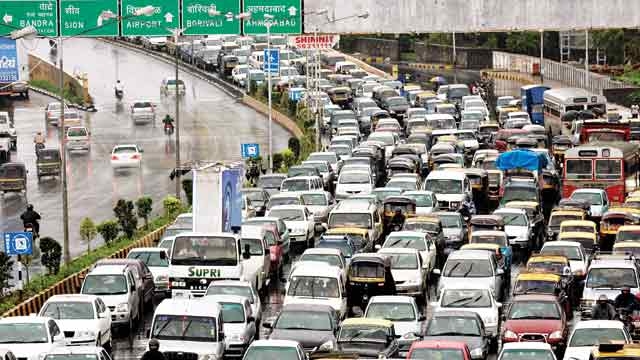-
Tips for becoming a good boxer - November 6, 2020
-
7 expert tips for making your hens night a memorable one - November 6, 2020
-
5 reasons to host your Christmas party on a cruise boat - November 6, 2020
-
What to do when you’re charged with a crime - November 6, 2020
-
Should you get one or multiple dogs? Here’s all you need to know - November 3, 2020
-
A Guide: How to Build Your Very Own Magic Mirror - February 14, 2019
-
Our Top Inspirational Baseball Stars - November 24, 2018
-
Five Tech Tools That Will Help You Turn Your Blog into a Business - November 24, 2018
-
How to Indulge on Vacation without Expanding Your Waist - November 9, 2018
-
5 Strategies for Businesses to Appeal to Today’s Increasingly Mobile-Crazed Customers - November 9, 2018
Supreme Court to examine Delhi Government’s Proposal
After the state government, the Centre government has now moved the Supreme Court against the ban on diesel taxis in the National Capital Region. “It will affect the economy”, Solicitor General Ranjith Kumar told a bench headed by Chief Justice T S Thakur.
Advertisement
Highlighting the plight of the business process outsourcing (BPO) industry, the Centre told the court that the ban was adversely affecting the industry as it relied heavily on diesel cabs for dropping women employees.
This, the source said, would be in addition to measures like restricting the registration of new diesel vehicles in Delhi if the Apex Court deemed it necessary as well as coercive action against diesel vehicles not compliant with the latest available Euro norms of classification.
The ban has brought the BPM (formerly BPO) industry nearly to a standstill.
Delhi Commercial Driver Union DCDU, which represents over 1,000 drivers, said they have approached the offices of Delhi Chief Minister, Prime Minister, President as well as the Supreme Court against the order.
More than 30% of BPO employees are women and the companies provide them doorstep pickup and drop as they often work on late shifts.
“Separately, we have also written to Heavy Industries Ministry, Transport and Environment Ministries, Delhi Police and Delhi Government”, she added.
After Delhi government’s plea to extend the deadline for conversion of diesel-run taxis to CNG, the Central government told the Apex Court that the BPOs may move their operations out of India.
The Supreme Court will hear the matter on May 9.
Advertisement
Many companies are viewing this as a death knell for BPM industry given practical challenges like long waiting at CNG Stations, limited vehicles, no technology to convert diesel to CNG, Insurance and warranty of retrofitted vehicles etc. Companies wish to comply but where are the cabs.




























